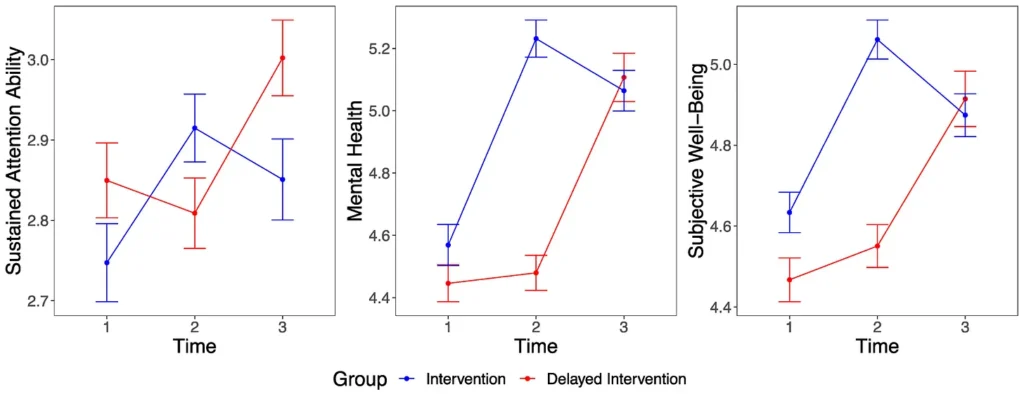“I feel so scattered,” explained Ava. Like many people I know, my patient Ava was having a hard time focusing. “I open my phone to check the weather but then a notification pops up about some infuriating political news so I check X, and then open Instagram, and then I get a message from my mom but before I reply, my friend sends me a link to a celebrity scandal, and I quickly check the status of my Amazon order. By the time I finally put my phone down and try to get back to work, I realize I never got around to checking the weather. My attention is all over the place.”
What Ava is describing is “popcorn brain,” a term coined by David Levy, a researcher at the University of Washington, to describe a shortened attention span and the experience of overstimulation. Like popping corn kernels in a pot, attention jumps from one thought to the next. Popcorn brain is characterized by diminished focus, heightened stress, fatigue, information overload, attentional deficit issues, increased anxiety, and an overall detrimental impact on relationships and quality of life. Sound familiar?
The cognitive disarray caused by popcorn brain is exhausting and makes it hard to get anything done. Thankfully a study published in PNAS Nexus offers a simple solution: spend less time online. Researchers found that people who blocked internet access on their cellphones for just two weeks reported significant improvements in mood and ability to focus. Ninety one percent of people who tried the two-week detox said they felt meaningfully better. The study only restricted internet access on their phones, so participants were still able to text and make calls. If they wanted to read the news, online shop or check social media, they could from an iPad or laptop. In other words, they were not totally cut off from the internet, it just wasn’t in the palm of their hand. Constant connection has its costs.

Even the people who did not fully adhere to the rules of the intervention experienced significant improvements in mental health, wellbeing, and focus. The analysis suggests that the benefits can be partially explained by the intervention’s impact on how participants spent their time. When they did not have access to mobile internet, they spent more time doing other things like talking to other people, exercising, and being in nature. Simply put, when endless scrolling wasn’t an option, participants looked up from their phones and engaged in other-oriented and outer-oriented activities.
The researchers summed the benefits of this simple intervention:
Blocking mobile internet for 2 weeks reduces smartphone use and improves subjective well-being including life satisfaction and positive affect, mental health more than antidepressants, and sustained attention as much as being 10 years younger. Despite the many benefits mobile internet offers, reducing the constant connection to the digital world can have large positive effects.
I have told everyone I know about this life enhancing study. While impressed with the results, nobody has said, “I cannot wait to try it. I’m starting tomorrow!” What gets between knowing what will make us feel better and actually doing what will make us feel better? Motivation, habit, and instant gratification are certainly factors. In my experience, collective action is one of the biggest impediments to behavior change. If nobody else is doing it, it’s hard to be the lone ranger. So instead of going it alone, loop in your friends and family. Try a week of everyone turning off access to mobile internet and see how you feel in seven days.
Let me know if your popcorn brain simmers down…
I wish you all the best,
Dr. Samantha Boardman






